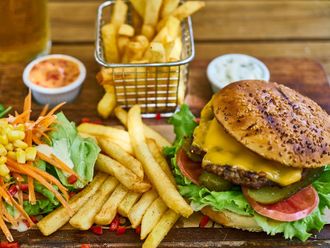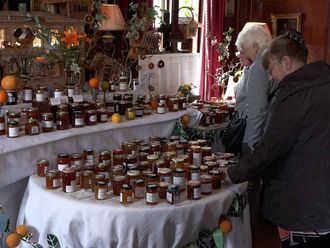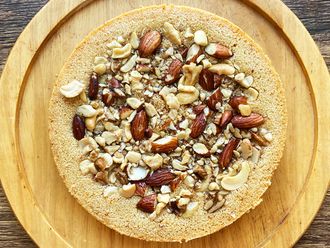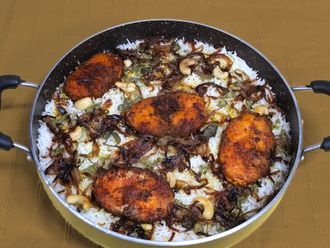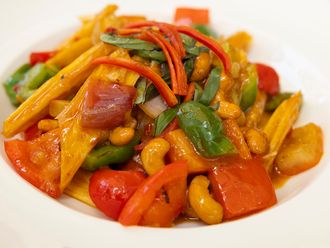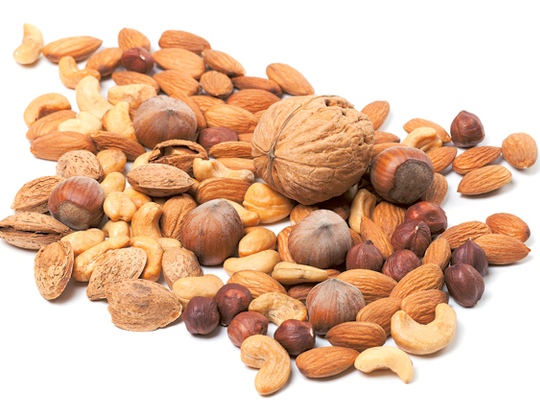
Dubai: Mitun de Sarkar, a Dubai-based diet and nutrition consultant, recommends the intake of nuts every day for good health. However, it is important to eat nuts when they are at their freshest.
“Raw nuts are a powerhouse of nutrients and are quite rightly referred to as a super food,” says De Sarkar. “They are higher in natural nutrients than roasted versions, as processing of nuts destroys their nutritional benefits in their natural form. Nuts are a good source of omega 3 oils, protein and fibre and almost every type of nut contains them.”
She gives tips on how to select, shop and store them.
1) All nuts are not created equal
You need to know about a particular nut’s shelf life to be able to shop for it the right way.
Buy in small quantities: Nuts are rich in oil and fats. In high temperatures, the oil goes rancid as heat accelerates spoilage via oxidation. If nuts are stored in the kitchen around the cooking area where the temperature and heat is high, chances are they will go off soon and develop rancidity.
Humid conditions or excess moisture encourages spoilage too. Store nuts in airtight glass containers or sealable or zip-lock plastic bags after squeezing out as much air as possible and keep them in the fridge or freezer. With proper storage, nuts can last up to six months to even a year. Otherwise, make sure you consume them within three months.
2) Nut longevity
Cashews and almonds are less prone to spoilage but pecan nuts, walnuts, pistachios, pine nuts, hazelnuts and peanuts perish faster than others as they have high poly unsaturated fats (PUFAs)and contain omega 3 fats. Nuts in shells keep longer than those without. Also, roasted nuts and seeds turn rancid more quickly than raw ones. Exposure to light also causes oxidation - the darker the storage space and container the better as heat accelerates spoilage via oxidation.
3) Is branded better?
Sarkar thinks most branded nuts are quality nuts but once the plastic package is opened, they need to be stored in airtight containers quickly.
“In my opinion, it is fine to buy branded nuts in sealed packages as they are vacuum-packed. As long as you buy small quantities and use them quickly, you can enjoy the benefits of eating healthy nuts. Look for ‘best before’ dates on the package,” she cautions.
4) Open storage
Some supermarkets display nuts in big, open bins. How can we know how long these products have been exposed to air and moisture?
To ensure freshness, Sarkar advises you to buy them from supermarkets with a high turnover. “If possible, sample before buying. Check for discoloration, crispness and appearance, or if they are chipped and brittle. Smell the nuts. Remember, rancid nuts smell like paint. It is all right to ask the store manager how often the nuts are refilled in the bins. Don’t buy roasted, salted nuts. Roasting hastens decomposition and salt conceals rancidity.”
5) Rancidity factor
Not just nuts but any oil or deep-fried foods can turn rancid if not stored properly. Rancidity is a term used to describe the process and properties of a fat that is stale, smells bad and is discoloured. Rancid nuts, when consumed, can make you sick and when rancid fats are consumed regularly, it can lead to vitamin and mineral deficiencies and also be toxic.



